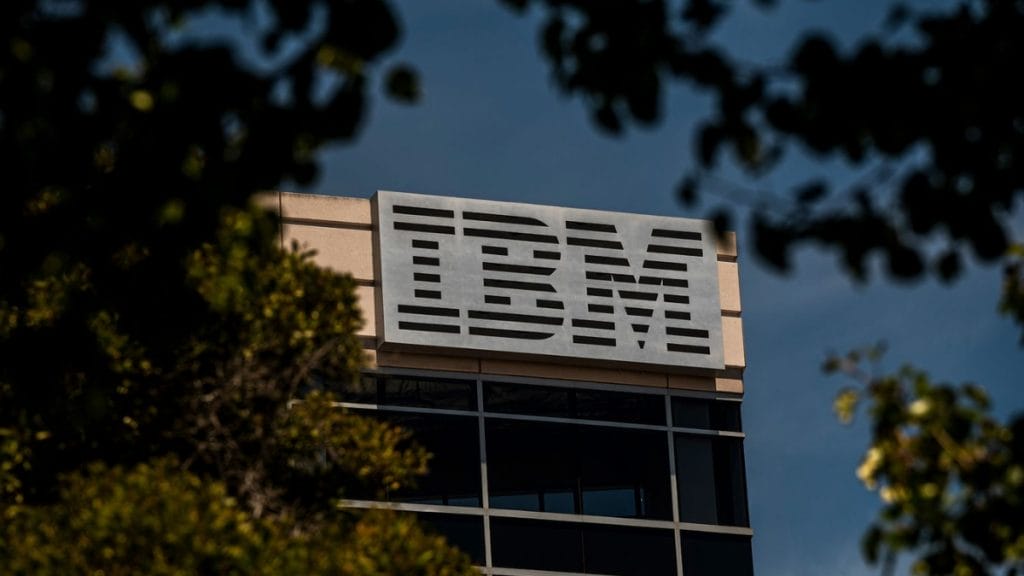New Delhi: IBM has strategically shifted its focus away from pure cloud infrastructure competition, recognizing the dominance of Amazon, Microsoft, and Google. Instead, it has pursued a path of assisting IT departments in managing hybrid environments, leveraging its financial strength to acquire prominent companies.
The trend began with the acquisition of Red Hat for $34 billion in 2018, followed by the purchase of Apptio last year. Now, IBM continues this strategy with the announcement of its acquisition of cloud management vendor HashiCorp for $6.4 billion.
With HashiCorp, IBM gains access to a suite of cloud lifecycle management and security tools, bolstering its position in the rapidly growing hybrid cloud market. While HashiCorp’s revenue of $155 million last quarter is modest by IBM’s standards, it represents a healthy and expanding business that complements IBM’s existing hybrid cloud offerings.
IBM CEO Arvind Krishna emphasizes the strategic value of HashiCorp to IBM’s hybrid cloud strategy, highlighting the company’s ability to manage modern infrastructure complexities and its alignment with the AI era.
The acquisition comes at a time when HashiCorp has faced challenges in its open-source community, particularly regarding changes to the licensing terms of its Terraform tool. As part of IBM, it remains to be seen how HashiCorp’s approach to open source will evolve.
The integration of HashiCorp’s technology into IBM’s hybrid cloud portfolio is expected to enhance the company’s position in the market. If IBM follows a similar approach to its acquisition of Red Hat, HashiCorp may maintain its independence within the IBM ecosystem.
Industry analysts suggest that IBM should preserve HashiCorp’s neutral stance in working with multiple cloud providers, as this approach aligns with IBM’s recent efforts to collaborate more openly across cloud platforms.
Founded in 2012, HashiCorp went public in 2021 after raising nearly $350 million in funding.





